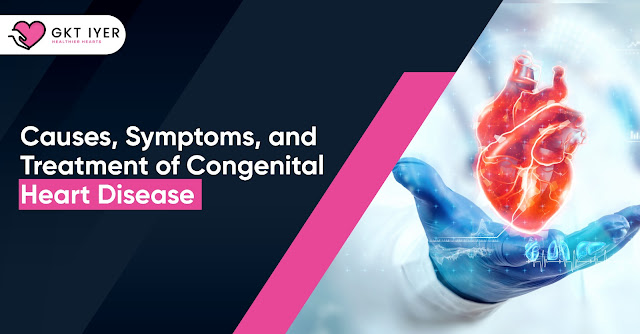Causes, Symptoms, and Treatment of Congenital Heart Disease

Congenital Heart Disease (CHD) is a condition that affects the structure and function of the heart, present from birth. It is one of the most common birth defects, impacting approximately 1% of newborns worldwide. While the exact cause of CHD is often unknown, there are several factors that contribute to its development. Understanding the causes, recognizing the symptoms, and exploring the available treatment options are crucial for early detection and effective management of this condition. In this blog, we will delve into the causes, symptoms, and treatment of congenital heart disease, shedding light on this complex condition. Causes of Congenital Heart Disease: Congenital Heart Disease occurs due to abnormalities in the heart's structure and function that develop during fetal growth. Although the precise cause of most cases remains unclear, certain risk factors and factors during pregnancy are associated with an increased likelihood of CHD. Genetic Factors: In some instances,...


